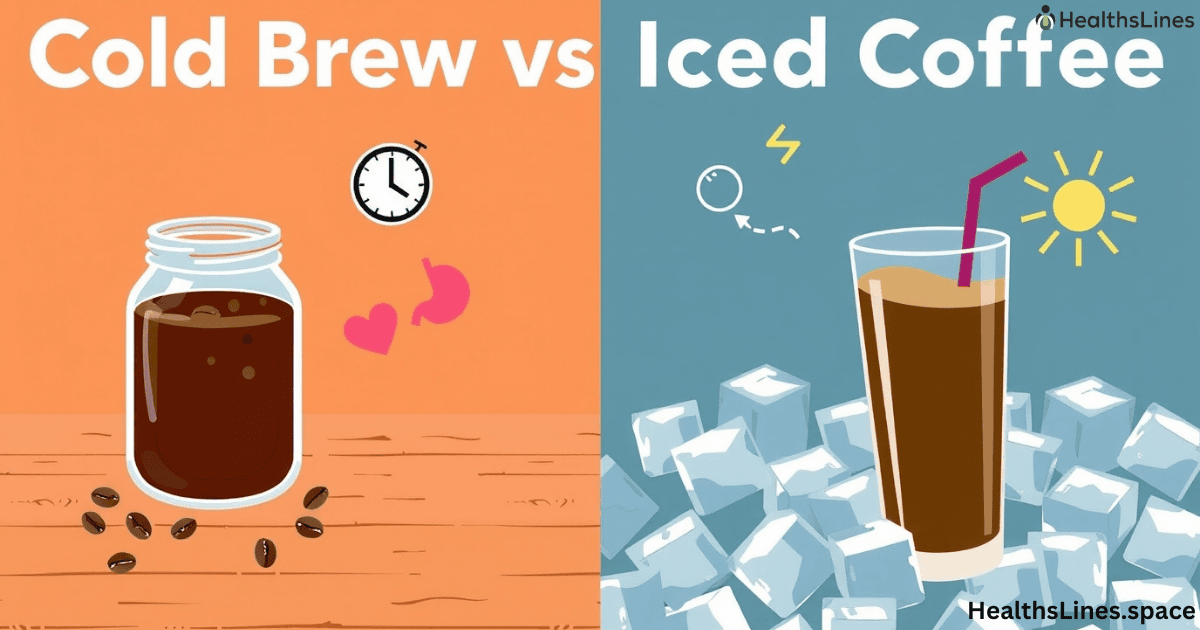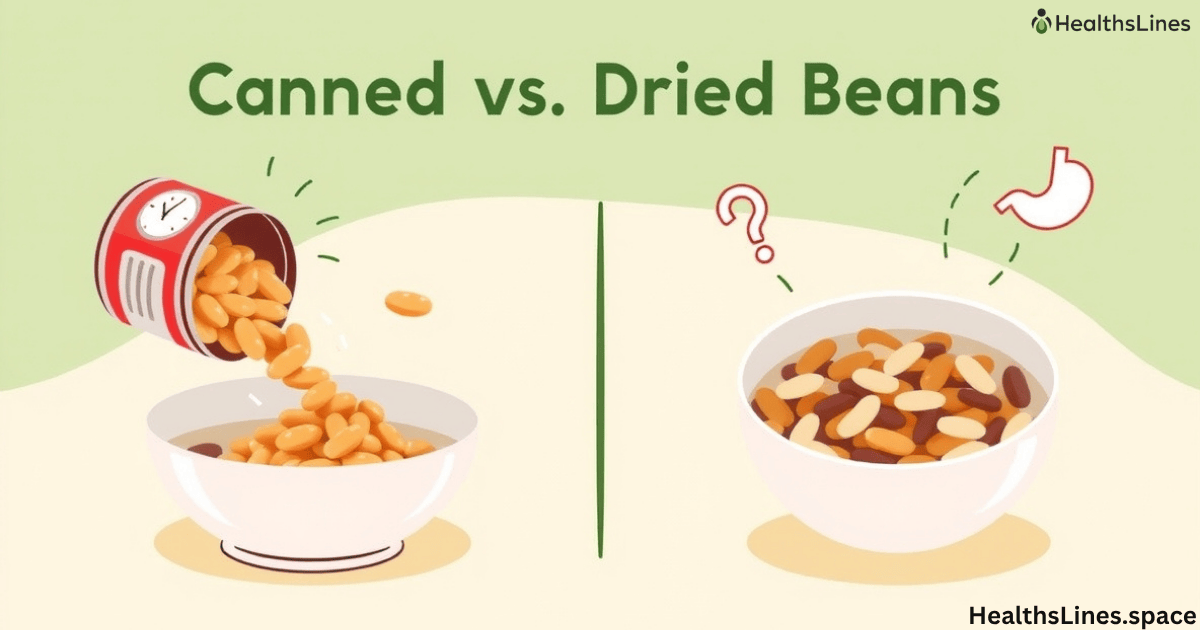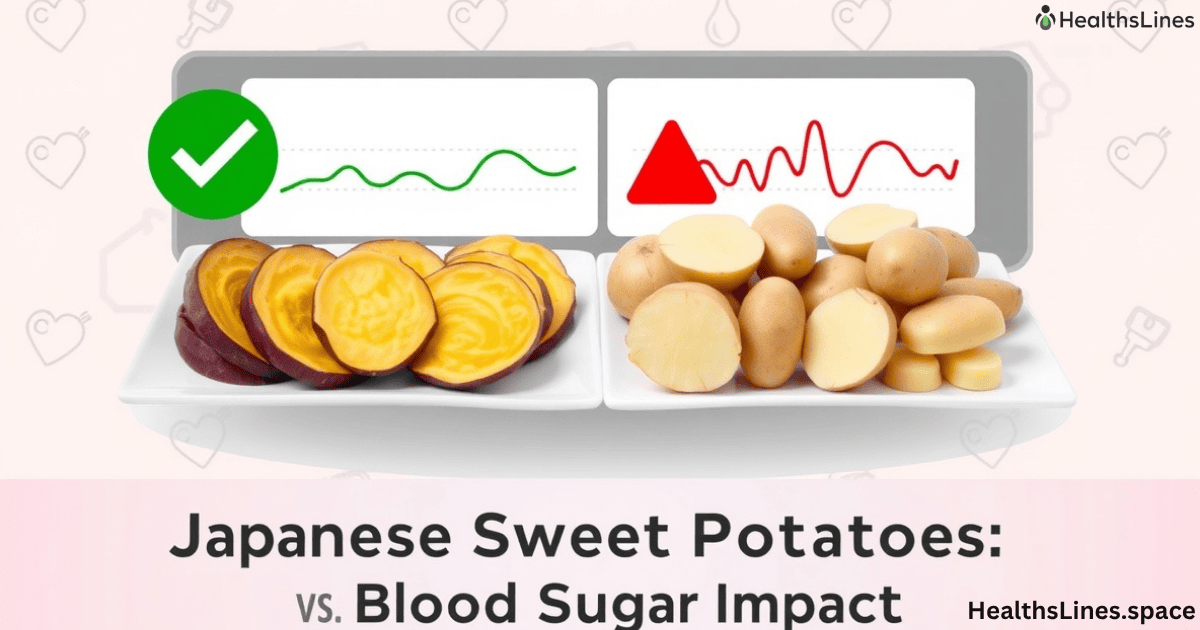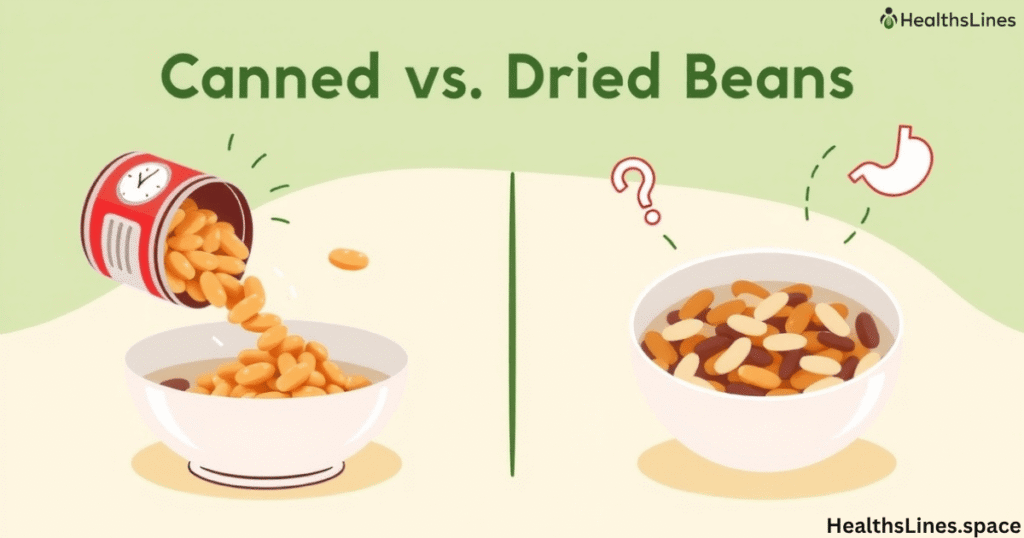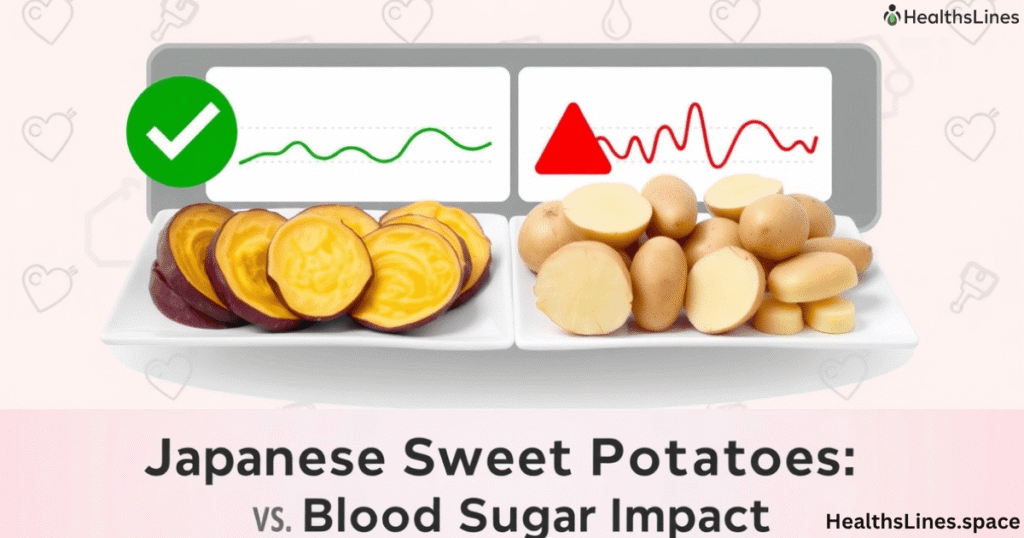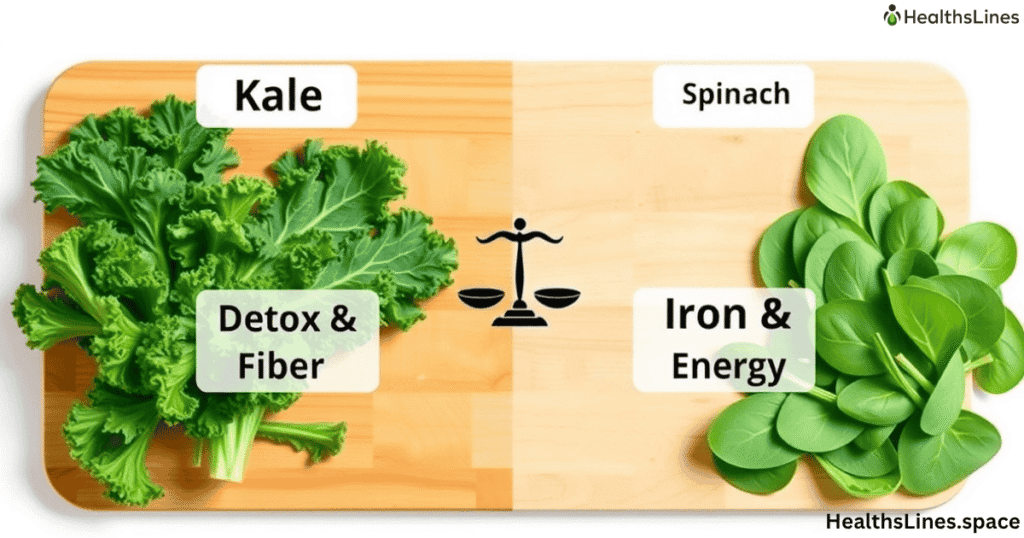Coffee isn’t just a drink, it’s a ritual. For many, mornings begin with that first sip of caffeine. In the last decade, two versions of chilled coffee have grown in popularity. People debate cold brew vs iced coffee not only for taste but also for health. You’ve probably asked yourself, is cold brew healthier than iced coffee? The answer isn’t simple, and that’s why this guide explores the real facts. We’ll compare brewing methods, nutrition, caffeine, acidity, antioxidants, calories, and overall impact on your health.
Understanding the cold brew vs iced coffee difference is more than curiosity. It’s about knowing what you put into your body and how it affects you. Some claim cold brew has less acidity and is gentler on the stomach. Others say iced coffee has more antioxidants and offers better nutritional value. This article dives deep, using research, expert opinions, and practical tips to help you decide which option fits your lifestyle.
What Is Cold Brew Coffee?
Cold brew is made by steeping coarsely ground coffee beans in cold or room temperature water for 12 to 24 hours. This slow process extracts flavor gradually without heat. The result is a smoother, less bitter taste compared to hot coffee poured over ice. Many describe it as bold yet mellow, with chocolate-like undertones. Because of the extended brewing, cold brew often contains more caffeine per ounce, though dilution with water or milk changes the strength.
From a nutritional perspective, the cold brew coffee health benefits come from how the method preserves natural compounds. It tends to be lower in acidity, making it easier on the stomach. Cold brew also lasts longer than iced coffee when stored in the fridge, which is why coffee shops prepare large batches. People who are sensitive to bitterness often prefer it since the taste is smoother and less sharp.
What Is Iced Coffee?
Iced coffee is simpler. It starts with hot brewed coffee that’s cooled down and poured over ice. This process is quick and easy to do at home or in coffee shops. The heat unlocks aromatic oils and flavors, giving iced coffee a more classic taste. The flavor is often sharper and brighter compared to cold brew. Many describe it as more refreshing but slightly acidic.
Health-wise, iced coffee health benefits come from the hot brewing process. Heat releases more antioxidants, including compounds like chlorogenic acid, which help fight free radicals in the body. However, iced coffee can taste bitter if it isn’t brewed correctly. Because it cools quickly, many people add sugar or cream, which increases calories. Unlike cold brew, iced coffee doesn’t keep its flavor as well if stored for long periods.
Caffeine Content: Cold Brew vs Iced Coffee
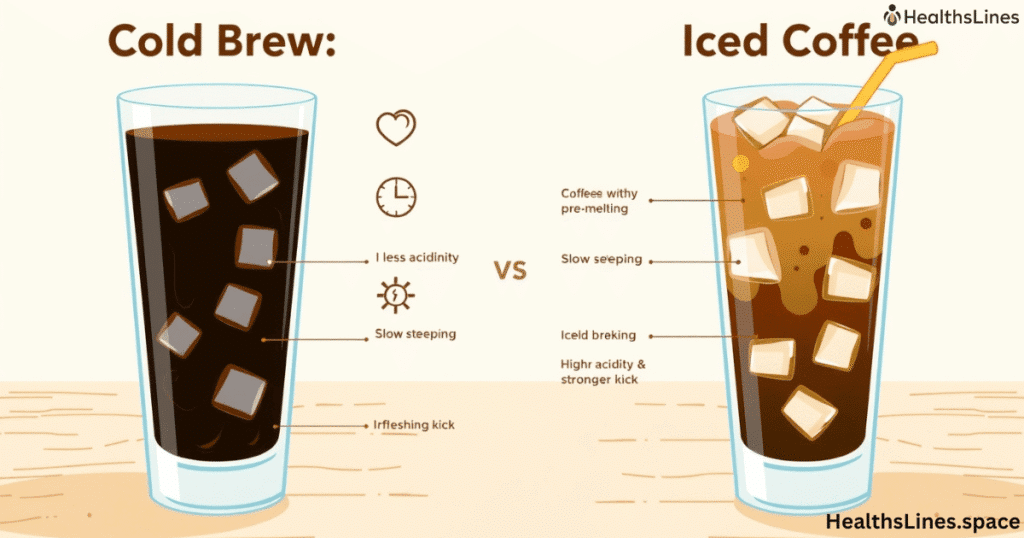
Caffeine is often the biggest factor in the cold brew vs iced coffee caffeine debate. Cold brew generally has more caffeine because the beans steep longer and at higher concentrations. A typical 16-ounce cold brew from Starbucks can contain around 200 milligrams of caffeine, while iced coffee of the same size might have closer to 150 milligrams.
That said, caffeine levels depend on bean type, grind size, and brewing ratios. Too much caffeine can cause jitters, insomnia, and stomach upset. On the other hand, caffeine improves focus, energy, and mood when consumed in moderation. Knowing the caffeine in cold brew vs iced coffee helps you adjust your intake based on tolerance. If you’re sensitive, iced coffee might be the safer choice.
Acidity and Digestive Health
The way coffee is brewed changes its acidity, and this is one of the biggest talking points in the cold brew vs iced coffee acidity debate. Cold brew is made by steeping beans slowly in cold water, which pulls out fewer acidic compounds. This gives it a smoother taste and makes it easier on the stomach. Many people with acid reflux or sensitive digestion notice they can drink cold brew without discomfort. The lack of sharpness in flavor also means it feels gentler, even when consumed in larger servings. Research suggests that cold brewing lowers levels of certain acids that can irritate the digestive tract, which is why it’s often marketed as stomach-friendly.
Iced coffee is brewed hot and then chilled, and the heat extracts more natural acids from the beans. This results in a brighter, tangier flavor but can be tough on people prone to digestive problems. For some, iced coffee may trigger heartburn, bloating, or discomfort due to the higher acidity. However, it also has a benefit: these acidic compounds often carry more antioxidants, which help protect the body from oxidative stress. The choice between the two depends largely on your stomach’s sensitivity. If you want smoothness and less irritation, cold brew is the better option, but if you tolerate acidity well, iced coffee offers more antioxidants and a lively taste.
Antioxidants and Nutritional Value
When comparing cold brew vs iced coffee antioxidants, iced coffee tends to come out ahead. Hot brewing releases more antioxidants like chlorogenic acid, which has anti-inflammatory effects and may support heart health. These antioxidants help fight oxidative stress in the body and are one reason coffee is linked to lower risks of chronic disease.
Cold brew, however, doesn’t score as high in antioxidant content because no heat is involved. That doesn’t mean it lacks nutritional value. The cold brew vs iced coffee nutrition comparison shows that both are calorie-free when consumed plain. The real difference lies in how much heat affects the antioxidant levels. If your focus is maximum antioxidant intake, iced coffee offers a slight edge.
Calories and Add-Ins
Plain black cold brew and iced coffee contain virtually no calories. The real differences appear when you add milk, cream, syrups, or sugar. This is where the cold brew vs iced coffee calories debate gets tricky. For example, a plain 16-ounce cold brew at Starbucks is almost calorie-free, but add sweet cream and the drink can shoot up to over 200 calories.
To put things in perspective, here’s a quick comparison table:
| Drink Type | Calories (Plain 16oz) | Calories (With Cream & Sugar) |
| Cold Brew | 5 or less | 150–250+ |
| Iced Coffee | 5 or less | 120–220+ |
This shows that both drinks can be healthy if consumed plain. Once sugar and flavored syrups are added, the healthiest iced coffee options or cold brew choices are the ones with natural sweeteners like honey or stevia, or plant-based milk like oat or almond.
Hydration and Overall Health Effects
Many people wonder about cold brew vs iced coffee hydration. Both are mostly water, so they do contribute to daily fluid intake. While caffeine has mild diuretic properties, moderate coffee consumption doesn’t dehydrate you. Cold brew may feel more refreshing on hot days since it’s smoother, while iced coffee offers a sharper, more energizing lift.
In terms of overall health, both support alertness, improved mood, and better focus. Coffee also contains compounds linked to reduced risks of diabetes and heart disease. The coffee and hydration debate often exaggerates the diuretic effect, but studies show coffee is a net hydrator for most people. Whether cold brew or iced coffee, both can be part of a balanced lifestyle.
Which One Is Healthier?
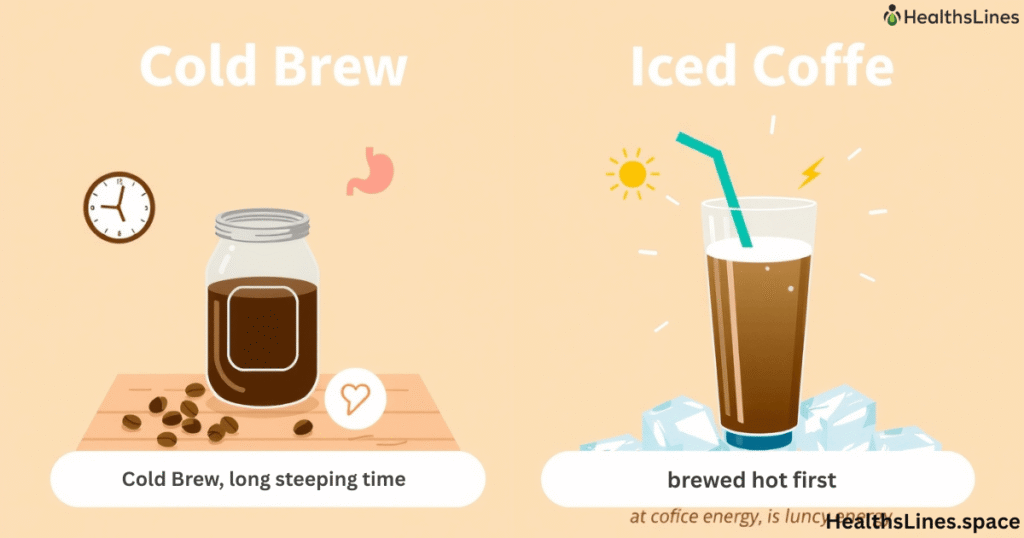
So, is cold brew healthier than iced coffee? The answer depends on your health goals. If you’re sensitive to acidity and stomach discomfort, cold brew is often the better choice. If antioxidants are your priority, iced coffee edges ahead. For weight management, both are fine as long as you skip the sugar and heavy cream.
Ultimately, the cold brew vs iced coffee pros and cons balance each other out. Cold brew gives a smooth taste, more caffeine, and less acidity. Iced coffee offers antioxidants, brightness in flavor, and a slightly lighter caffeine kick. Your body’s reaction and preferences are the real deciding factors.
Tips for Making Healthier Choices
Whether you love cold brew or iced coffee, the way you prepare it makes the biggest difference. Using organic coffee beans reduces chemical exposure. Choosing natural coffee sweeteners like stevia or honey instead of sugar keeps calories lower. Adding plant-based milk for coffee like almond or oat can make it creamy without excess fat.
Coffee chains like Starbucks or Dunkin’ often add sweet syrups that boost calorie counts quickly. Always check coffee chain nutrition facts before ordering. Making it at home gives you control. If your goal is cold brew vs iced coffee for weight loss, keep it black or use minimal low-calorie add-ins. Moderation is key, and drinking coffee mindfully helps you enjoy the benefits without downsides.
Conclusion
The cold brew vs iced coffee debate has no universal winner. Cold brew works better for people with sensitive stomachs, higher caffeine needs, or those who want a smoother taste. Iced coffee is ideal if you value antioxidants, prefer a brighter flavor, and want a lighter caffeine boost. Both can fit into a healthy lifestyle when consumed wisely.
In the end, the healthiest choice comes down to your body, your taste buds, and how you prepare the drink. Coffee should be something you enjoy, not something you worry over. Whether you choose cold brew or iced coffee, keep it simple, avoid unnecessary sugar, and sip it in moderation. That way, you’ll enjoy all the coffee for energy boost, focus, and happiness without the downsides.
